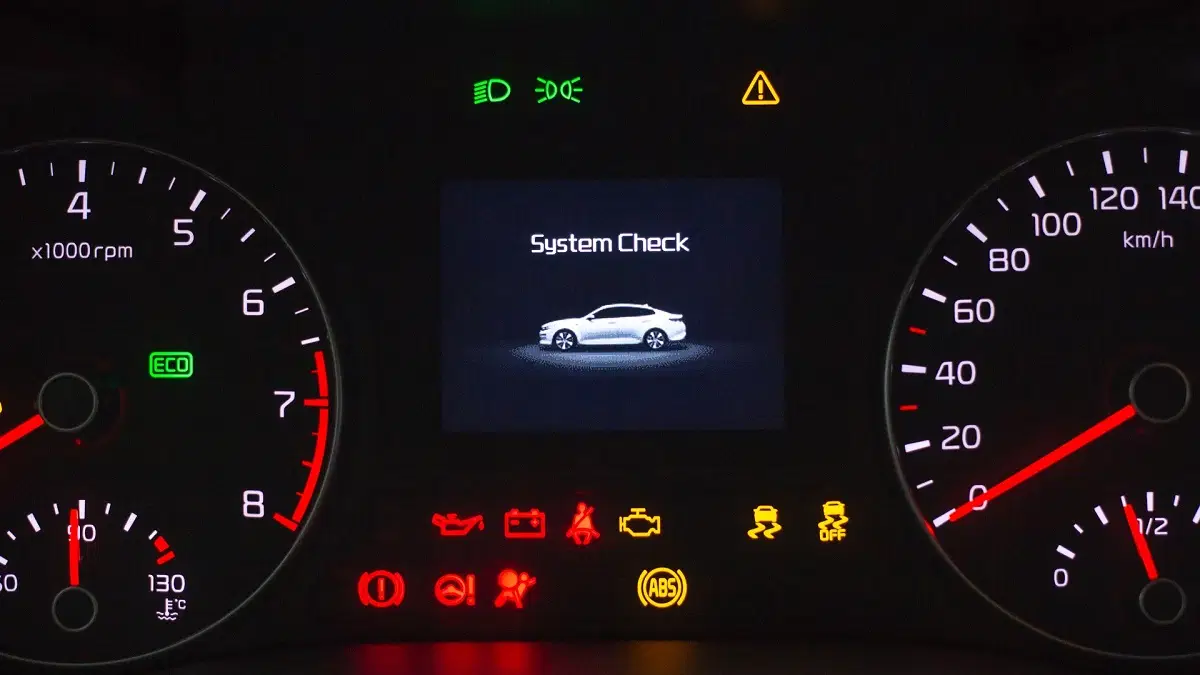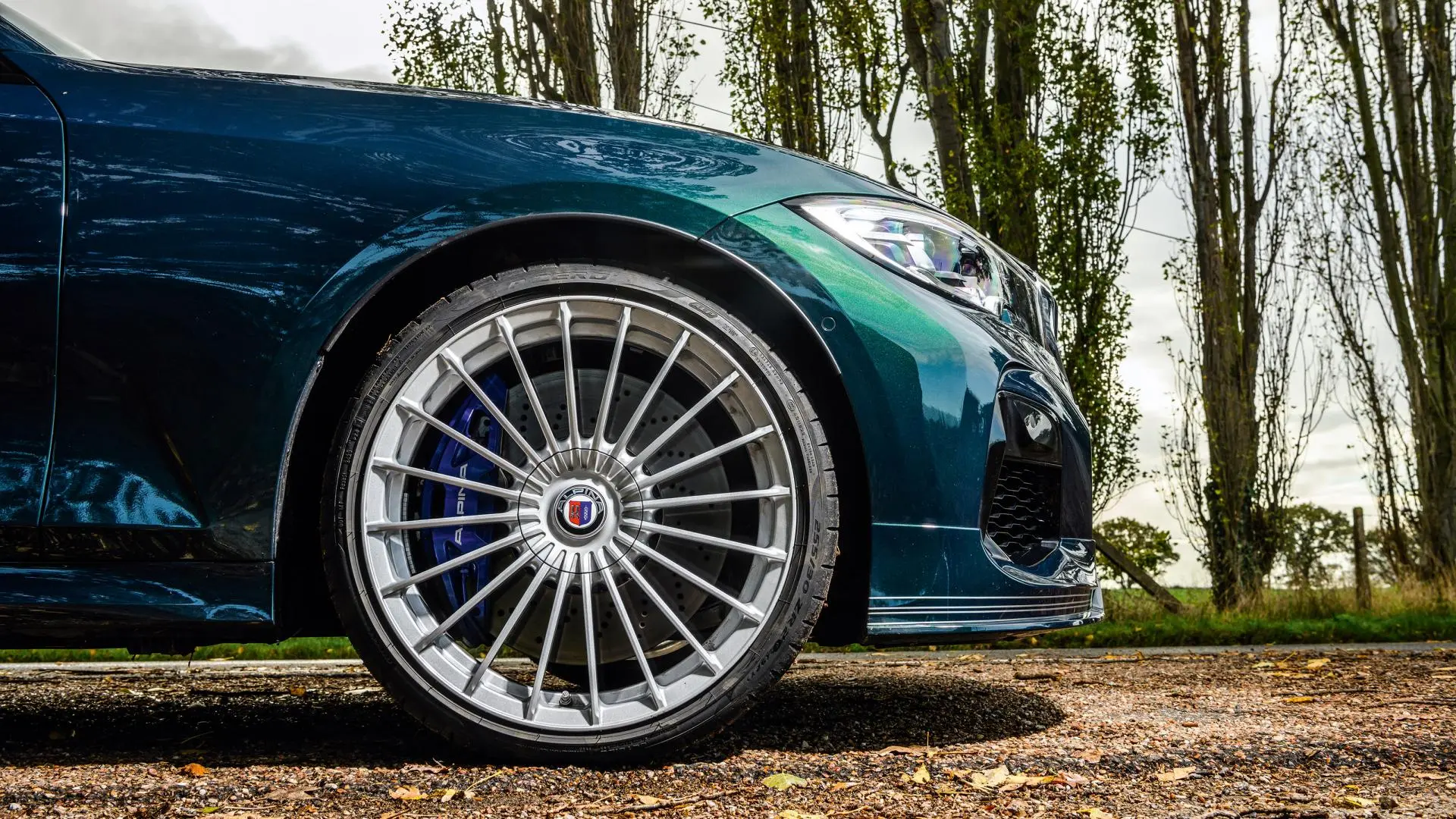
Table of Content
▼Cars are modern horses that transport us from one place to another, and like horses, we love to dress them up and make them look their best. One of the easiest ways to upgrade the look of your car is to install a set of alloy wheels. These wheels are the perfect jewel for your car, accentuating its features and giving it an edge that makes it stand out from the crowd.
Alloy wheels are made from a blend of metals, making them stronger, lighter, and more durable than their steel counterparts. From classic designs to futuristic styles, we'll also list some of the best alloy wheel brands to suit every car and personality.
The price of alloy wheels can vary depending on the brand, design and size, however, it is worth the investment. With the top 10 alloy wheel brands in India offering a variety of options, finding the right set of wheels for your car is easier than ever before.
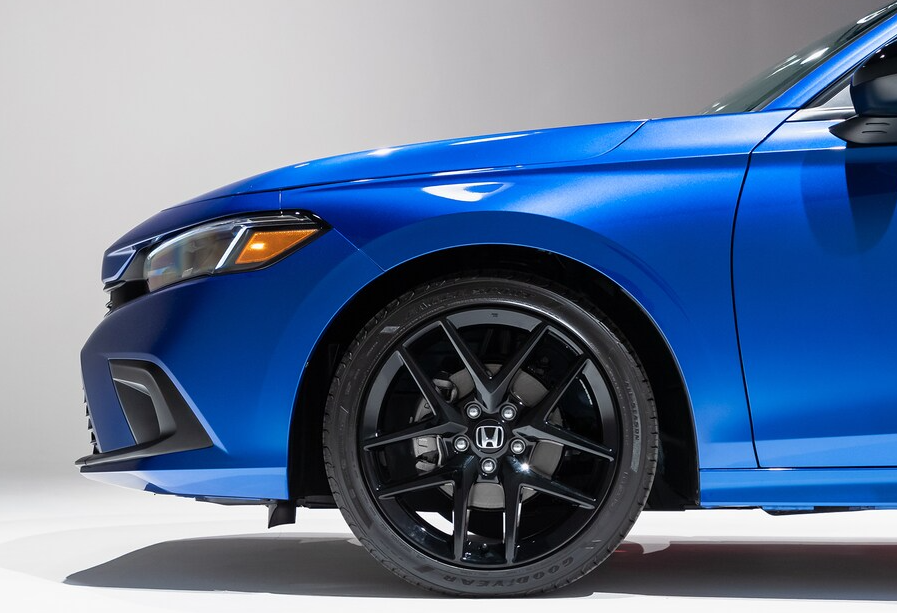
What are alloy wheels?
Alloy wheels are made from a blend of metals, especially aluminum and magnesium, although other materials may also be used.
Although alloy wheels are widely used in the automobile industry, they were not always so commonplace. The first alloy wheels were developed in the 1920s by a company called Borrani in Italy, which produced wheels for racing cars. Over time, the technology behind alloy wheels has evolved, making them more available and affordable for everyday drivers. Today, alloy wheels are a popular choice for car enthusiasts looking to improve the performance and style of their vehicles.
What are the benefits of alloy wheels?
Good quality alloy wheels are lighter than traditional steel wheels, enhancing the handing of your car and improves fuel efficiency. The materials used to manufacture alloy wheels are also less prone to rust and corrosion, making them safer.
For road users, the biggest attraction of alloy wheels is well, attraction. From the style to the colors on offer, the possibilities are endless. A big gripe among Indian car buyers is that most cars sold here do not have wheels that look proportional to the car, resulting in the wheel arches appearing bare. Many people purchase alloy wheels that are larger than the original tires their car came with, which not only helps improve the car's stance but also road manners. Bigger wheels = bigger tyres = more surface area where the tyres makes contact with the road = better ride quality. The downside is that when increasing the size, it is important to choose the right tyre. Not doing so may lead to a stiffer ride.
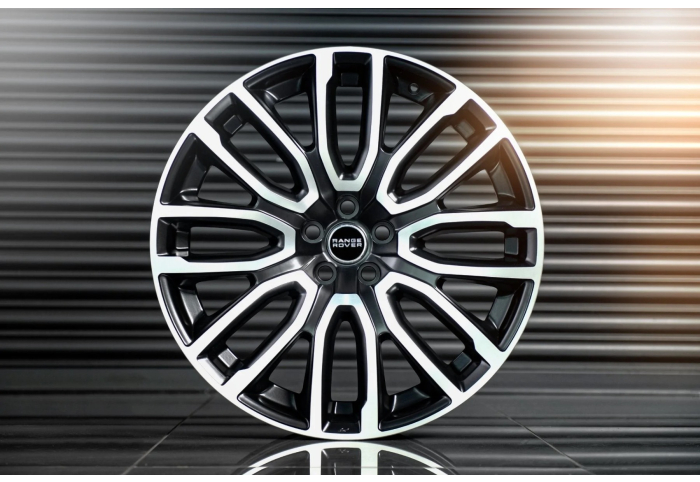
What should you consider when buying alloy wheels?
- The most important thing to consider when purchasing alloy wheels is to choose a reputable brand that offers high-quality products. This can help ensure that the wheels are durable, reliable, and in good working order. It is best to consult a professional mechanic or car specialist to ensure that the wheels fit the car and will not affect its safety or performance. You really don't want to end up with a YouTube video showing what poor quality alloy wheels can be like.
- Another important factor to consider is the size of the wheels. This should depend on the vehicle's size, shape and performance required. Alloy wheels that are too large in relation to the wheel arches will result in tyres scraping against the car’s body when you turn.
- It is also important to consider the design and finish of the wheels. There is a wide range of styles and finishes available, from classic designs to more modern and intricate patterns. It is important to choose a design and finish that complements the overall style of the car and suits the owner's taste.
In addition to these factors, price is also an important factor when buying alloy wheels. Prices can vary greatly depending on the brand, size, design and finish of the wheels. It is important to set a budget and choose wheels that offer good value for money. Remember, if you keep your OEM wheels and decide to sell your car, you can transfer the alloy wheels to your new car if they are good fit, keeping your investment safe.
What are the different types of alloy wheels?
Understanding the different types of alloy wheels can help car owners choose the best option for their vehicle. Here are some of the most common types of alloy wheels:
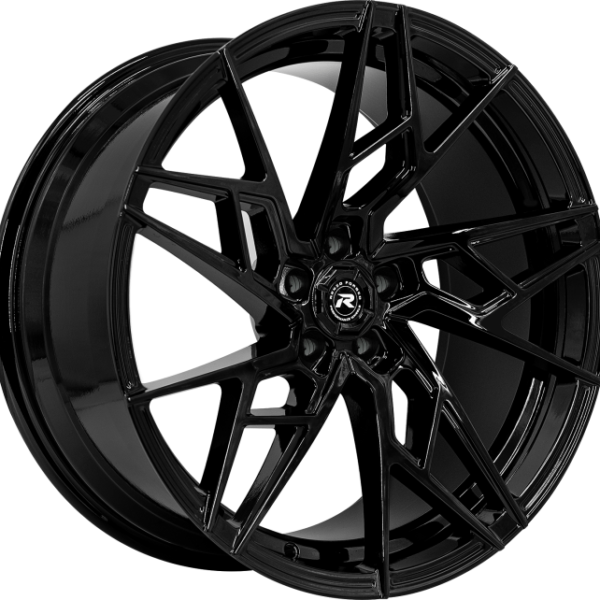
One-piece alloy wheels
This is the most common type of alloy wheel and a host of car manufacturers offer it as an option when purchasing a new car on higher models or as an accessory. Made from single piece of aluminum alloy, they are lightweight and durable.
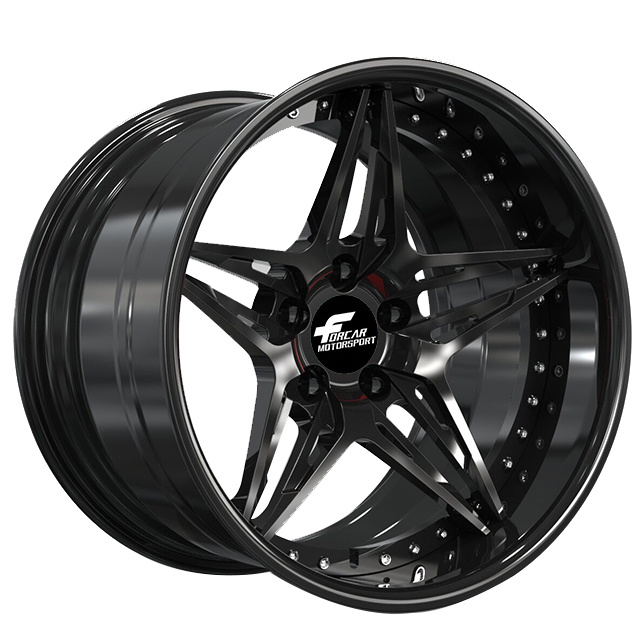
Two-piece alloy wheels
These wheels consist of a cast center section and a forged barrel. They are stronger and more rigid than one-piece wheels and are often used on high-performance vehicles.
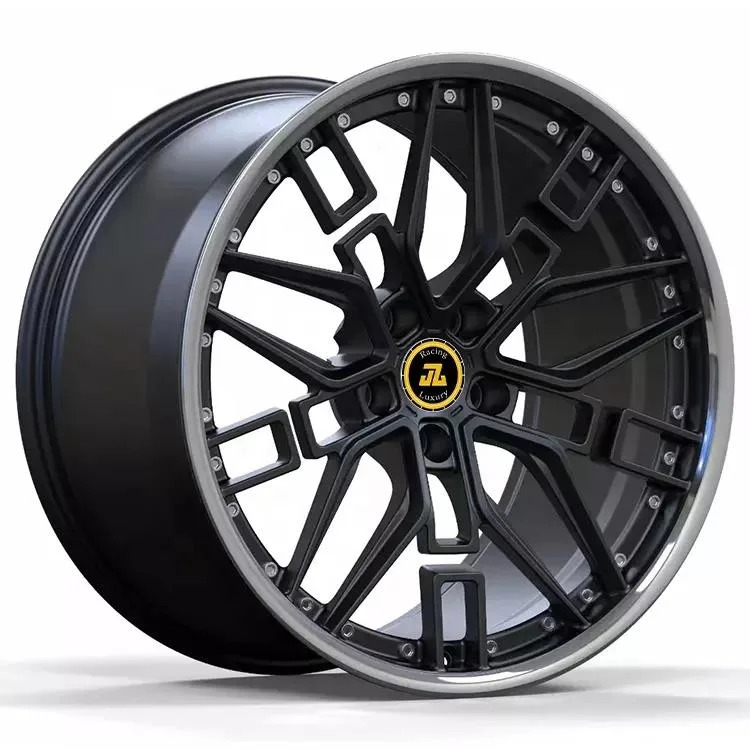
Three-piece alloy wheels
These wheels have a center section, an outer rim, and an inner rim. They are highly customisable, with a range of finishes and designs available. They are also more expensive than one- or two-piece wheels.
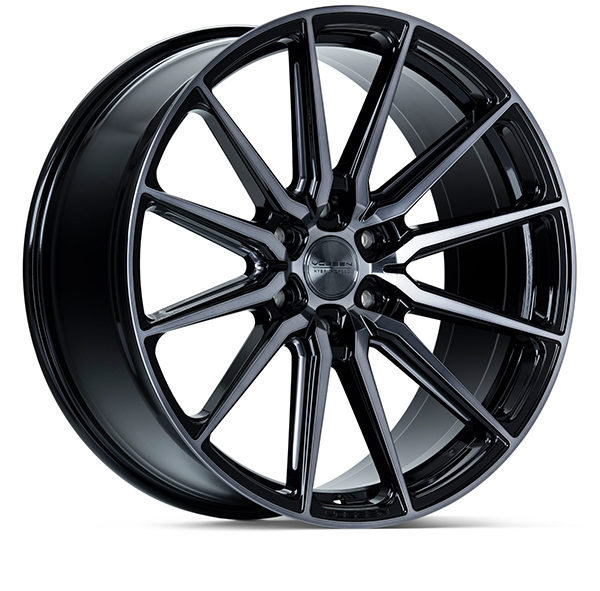
Forged alloy wheels
These wheels are made from a solid block of aluminum alloy, making them extremely strong and durable. It is also lightweight and provides excellent performance.
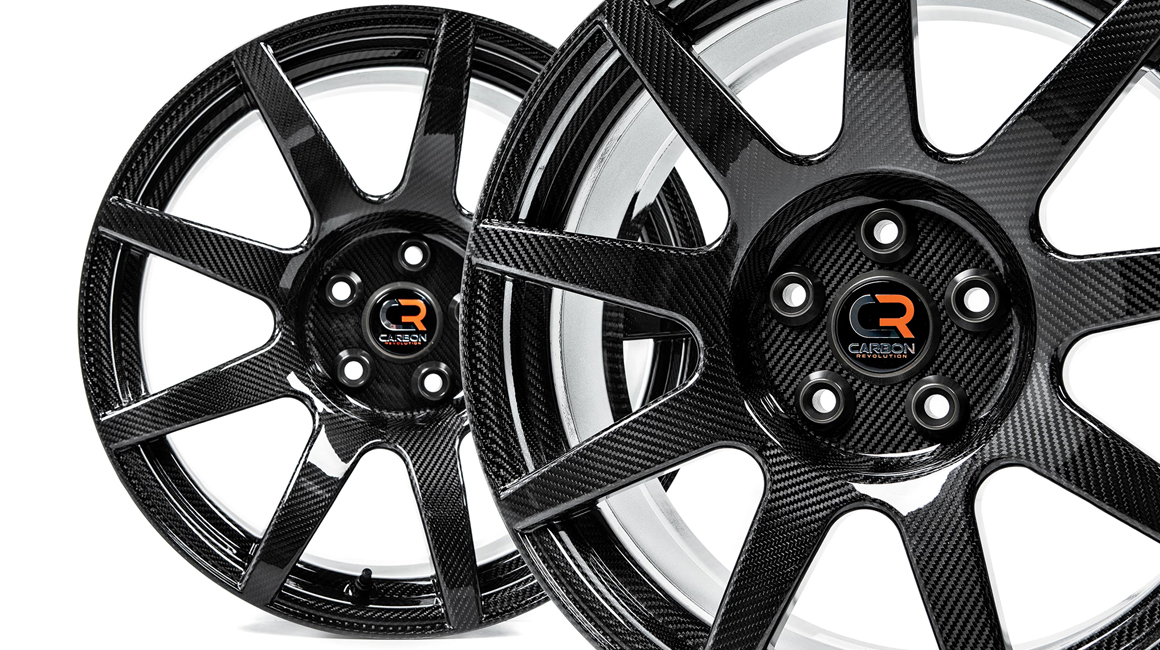
Carbon fiber wheels
These wheels are made from a combination of carbon fiber and aluminum, providing a unique combination of strength, durability and performance. It is often used in high-end sports cars and racing cars. The downside is that even a single crack means that the entire wheel must be replaced, unlike alloy ones, which allow small scratches and bends to be repaired.
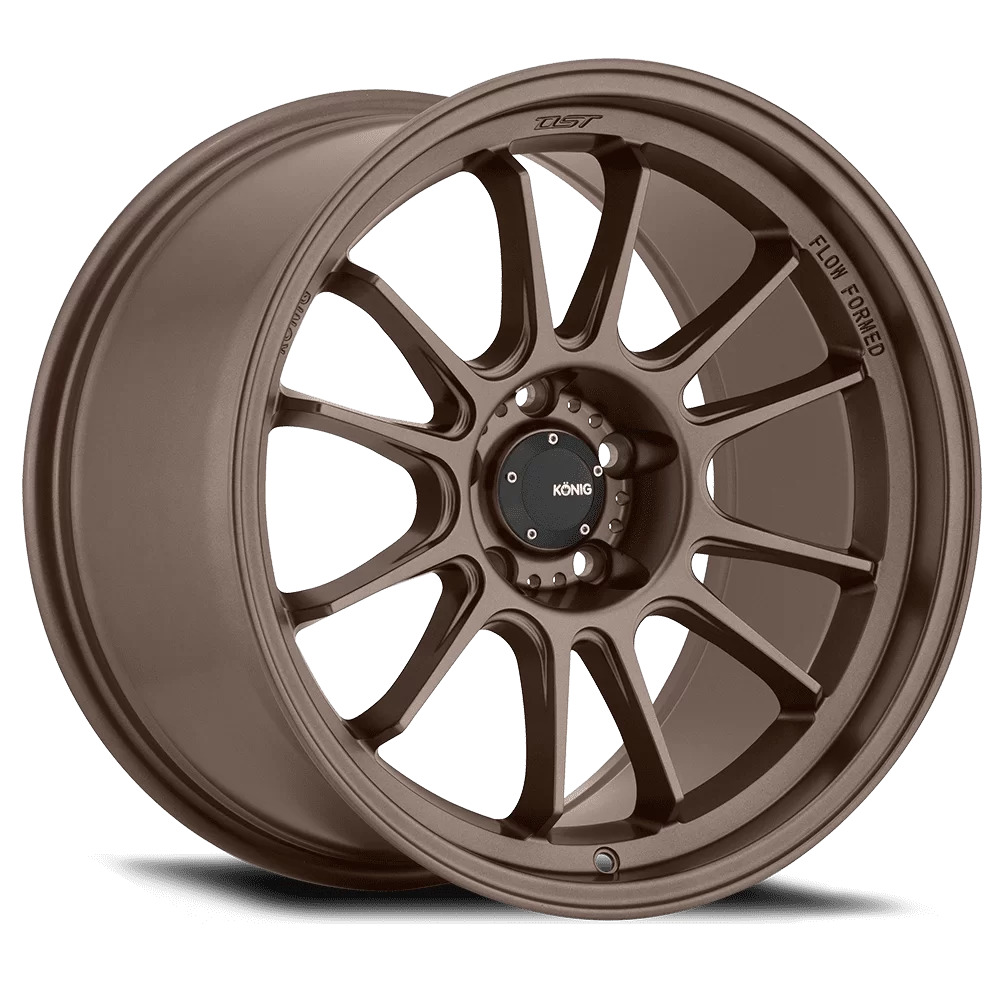
Flow Formed alloy wheels
Also known as flow forged wheels, these wheels are made using a combination of casting and forging processes. This makes them stronger and lighter than traditional forged wheels, but less expensive than fully forged wheels.

Spun metal wheels
These wheels are manufactured by spinning a single piece of aluminum alloy over a mandrel (rotating shaft). It is highly customizable and offers a variety of design options.

Monoblock alloy wheels
Similar to one-piece alloy wheels, monoblock wheels are made from a single piece of aluminum alloy. However, they are designed to be stronger and more rigid than traditional one-piece wheels.
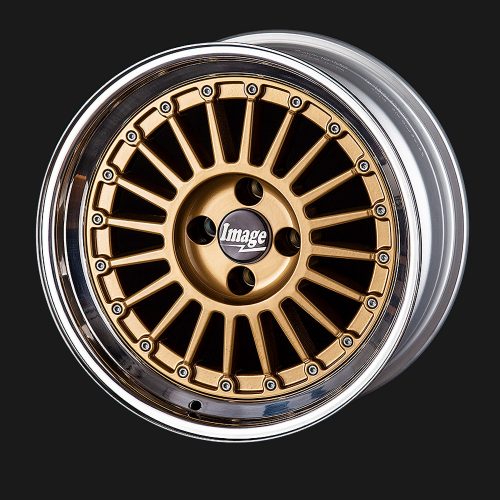
Multi-piece alloy wheels
These wheels consist of several components, including the center hub, spokes, and outer rim. They offer a high degree of customization and are often used in high-end sports cars and luxury vehicles.
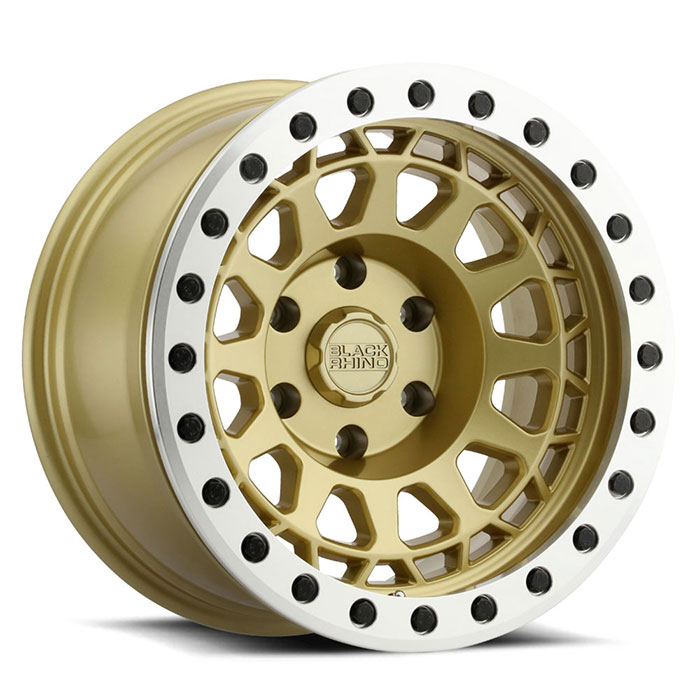
Beadlock alloy wheels
These wheels are designed for off-road use and feature a ring that clamps the tyre bead to the wheel, preventing the tyre from slipping off during extreme driving conditions.
Pros and Cons of Alloy Wheels
|
Pros of Alloy Wheels |
Cons of Alloy Wheels |
|
Lighter than steel wheels |
Costlier than steel wheels |
|
Improved acceleration, handling, and braking |
Prone to damage during potholes and impacts |
|
Stylish, Customisable, and Enhanced Vehicle Appearance |
More difficult to repair and may require professional repair services |
|
Better heat dissipation |
Increased risk of theft due to popularity and higher value |
|
Improved fuel efficiency |
Limited durability and lifespan compared to steel wheels |
Best Alloy Wheels in India
In the end, it all comes down to the investment a person is willing to make to purchase a set of alloy wheels that you can trust. The cost of these valuable wheels is determined by several factors, such as size, quality, brand and design of the wheel, as well as the number of spokes that adorn it. Therefore, it is essential to identify and explore premium brands that can deliver quality and value.
With this in mind, let us look at some of the best alloy wheel brands and their price:
|
Brand |
Price Range |
|
TSW Wheels |
₹10,000-₹1 lakh |
|
Advanti Racing |
₹10,000₹1 lakh |
|
Enkei Wheels |
₹15,000-₹1.5 lakh |
|
RAYS |
₹15,000-₹3 lakh |
|
OZ Racing |
₹20,000-₹3.5 lakh |
|
Work Wheels |
₹20,000-₹3 lakh |
|
HRE Performance Wheels |
₹30,000-₹2 lakh |
|
Vossen Wheels |
₹30,000-₹2.5 lakh |
|
BBS |
₹35,000-₹3.5 lakh |
|
Forgeline Motorsports |
₹50,000-₹4 lakh |
How do alloy wheels differ from steel wheels?
First, as the name suggests, alloy wheels are made from a blend of metals, especially aluminum and magnesium, while steel wheels are made of steel. This difference in materials means that alloy wheels are generally lighter than steel wheels, which can improve handling and fuel efficiency.
Another major difference is the design. Steel wheels tend to be of a simpler design, with fewer spokes and a more utilitarian appearance. Alloy wheels, on the other hand, tend to be more complex in design, with a wider range of styles, shapes and finishes available.
In terms of performance, alloy wheels are usually more resistant to wear and tear, which can extend their lifespan.
Bottom line
Obviously, alloy wheels are more than just a stylish upgrade for your car. These precision-engineered wheels provide numerous benefits, from enhanced performance and fuel efficiency to improved handling and a smoother ride. With so many brands to choose from, there's no shortage of options to suit your preferences and budget.
So, whether you're looking to add a touch of luxury to your ride or are simply looking for better performance and efficiency, alloy wheels are an investment worth making. So why not take a chance and switch to alloy wheels today?
FAQs
Q: Are alloy wheels better than steel wheels for my car?
Yes, alloy wheels provide better performance, control and fuel efficiency than steel wheels. They are also more stylish and come in a variety of designs.
Q: Can I install alloy wheels on my old car?
Yes, you can install alloy wheels on any vehicle as long as the wheel size and bolt pattern match your vehicle's specifications. However, you may need to modify your vehicle's suspension or brake system to accommodate the new wheels.
Q: Do alloy wheels require special care and maintenance?
Yes, alloy wheels require regular cleaning and maintenance to keep them in good condition. You should avoid using harsh chemicals or abrasive materials when cleaning them and make sure they are properly balanced and aligned.
Q: Will alloy wheels improve my car's resale value?
Yes, upgrading to alloy wheels will likely increase your car's resale value, especially if it's a well-known brand and in good condition. They can also make your car more attractive to potential buyers.
Q: Can I use alloy wheels in extreme weather conditions?
Yes, you can use alloy wheels in any weather condition as long as you choose the right type of alloy that is durable and corrosion-resistant. You should also properly care for and maintain your wheels to ensure their longevity.
Karan Bhatia
Karan Bhatia is an automobile expert and reviewer with 8+ years of experience test-driving cars, bikes, and EVs. He provides honest, detailed, and practical reviews that highlight performance, design, safety, and value for money. His expert insights help readers make confident choices when buying their next vehicle.
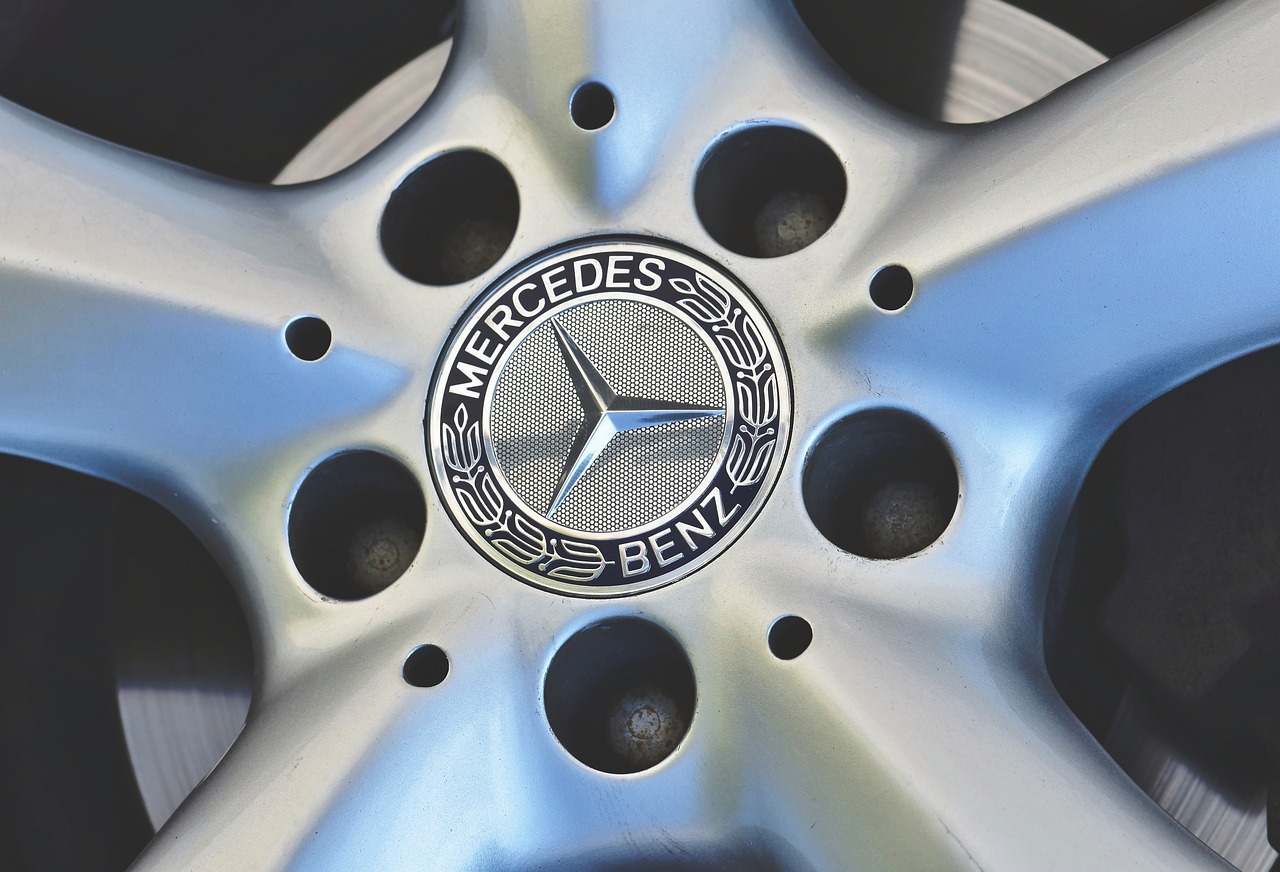
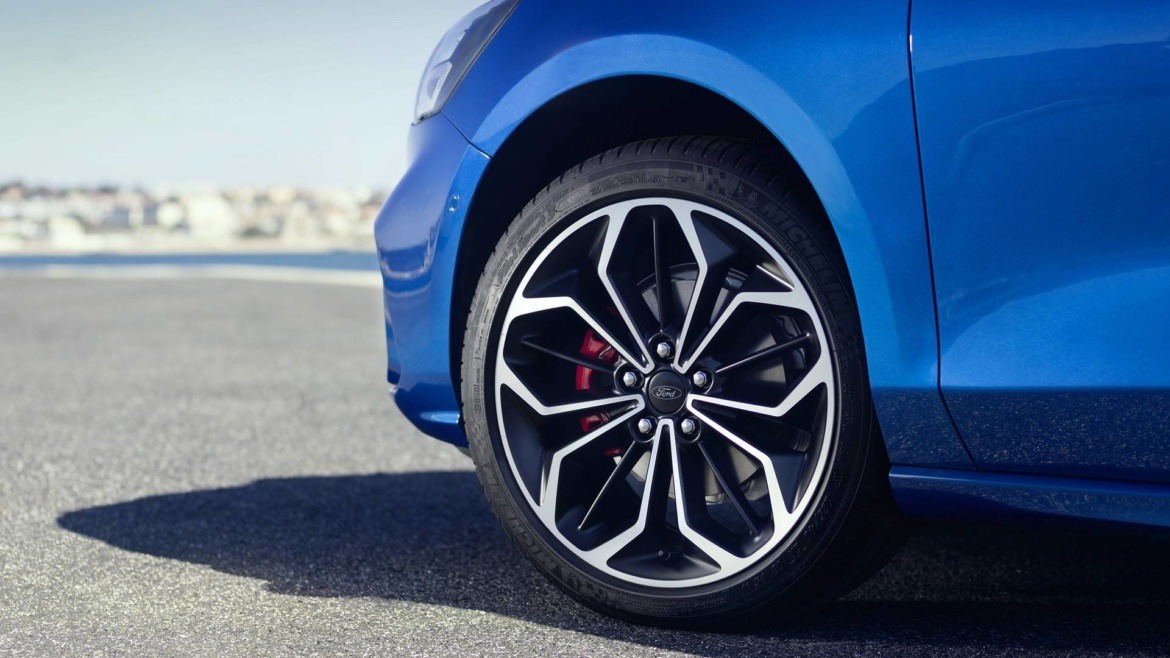

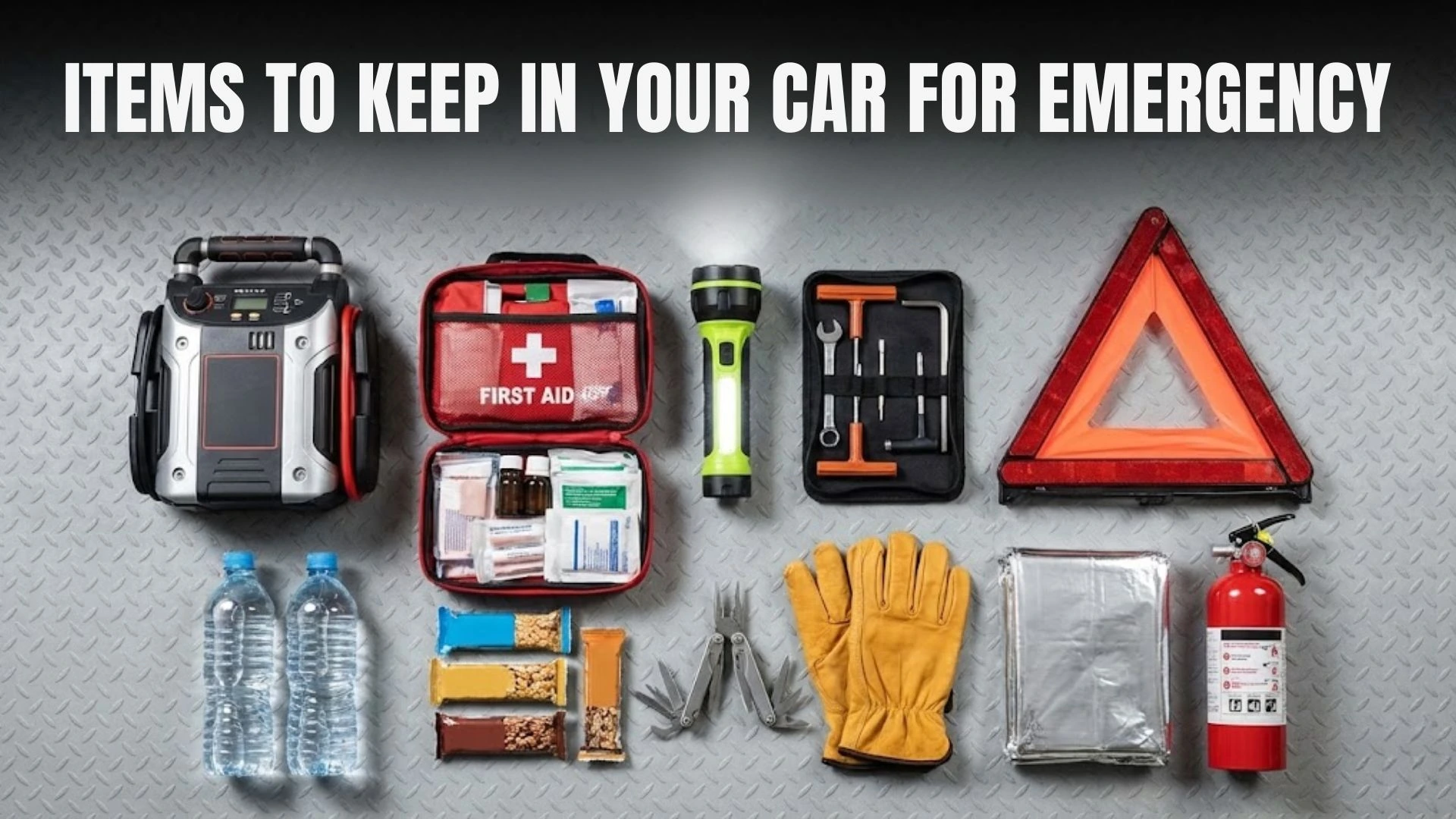
_1771411501.webp)
